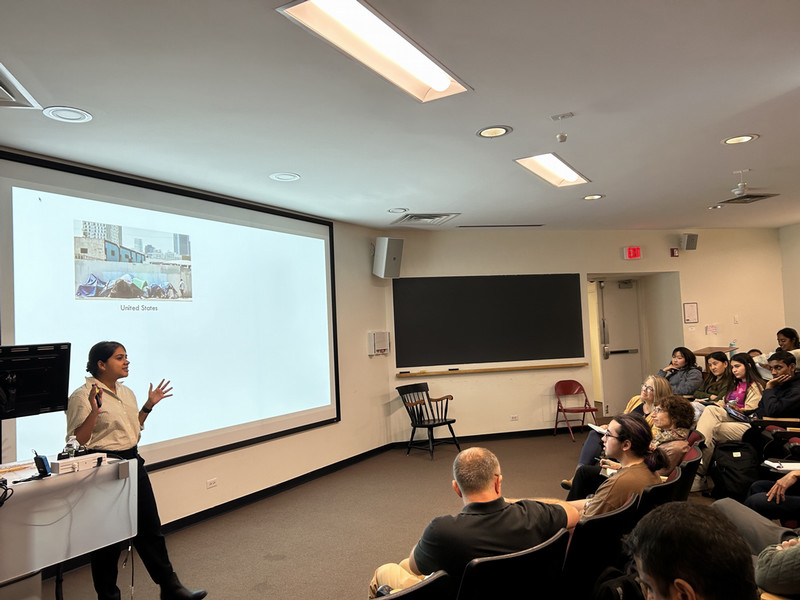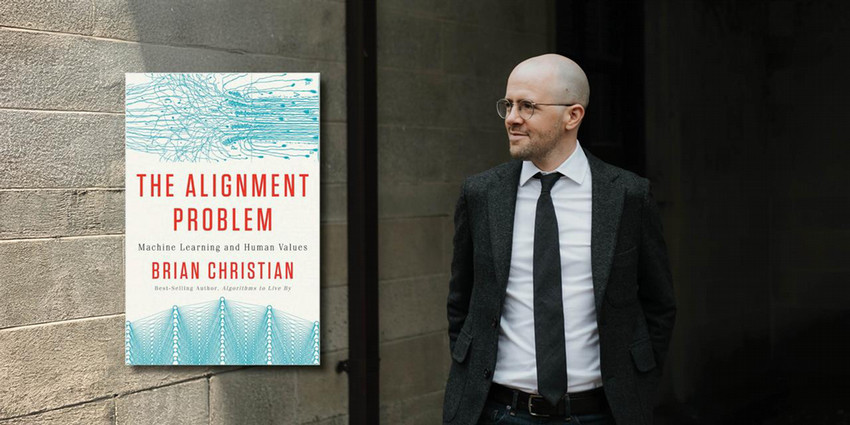Prof. Henry Laurence Shocked and Saddened by UK Brexit Vote
By Tom Porter
In a development that caught many by surprise, voters in the United Kingdom last month elected to leave the European Union. What followed was one of the most tumultuous periods in modern British politics, with the resignation of the prime minister David Cameron and the appointment of Theresa May — who had voted to remain in the EU— as his successor. The challenge now facing the British political establishment is exactly how to negotiate the country’s exit from the world’s largest trading bloc. Henry Laurence, associate professor of government at Bowdoin who is himself British by birth, shared some of his thoughts on the issue.
What was your reaction to news of the Brexit vote in June?
My reaction to Brexit was one of shock and sadness that Britain had chosen what I believe is clearly the worse of the two choices on offer. The country will be poorer, less open, less vibrant, and less relevant. That said, it was remarkably irresponsible for David Cameron to have put the referendum in those stark terms, and to have allowed such a major constitutional issue to be decided in such an unsatisfactory manner (e.g. with no minimum mandate specified such as requiring that at least 40% of the electorate need to approve any major constitutional reform). It is also shocking that no one on the Leave side seems to have any clue about how best to accomplish Brexit and renegotiate the terms of the UK’s relationship to the EU.
What your thoughts on Theresa May as Prime Minister?
Theresa May was probably the best of the available choices to lead the Conservatives and hence be PM. This reminds me of a line from Alan Bennett’s play The History Boys: “History is women following behind, with a bucket.”

The new Chancellor of the Exchequer (or finance minister) Phillip Hammond has said he may “reset” the UK economy in his autumn statement in light of Brexit. What do you think he means by this?
I have no idea what the new Chancellor means by “resetting” the economy, and his use of such an empty cliche leads me to suspect that he doesn’t either. I think it is code for: “My party has just needlessly inflicted massive harm to the economy and I need some time to figure out how to minimize the damage.”
One of the selling points of Brexit was that it would free up the UK to negotiate bilateral trade deals with other countries and trading blocs, including the EU, on its own terms. Do you see this happening?
The Leavers’ claim that Britain could negotiate a better deal with the EU once it was outside the organization was always illogical, based on a lack of understanding of how the EU would respond, and an exaggerated view of Britain’s economic and political importance. Why would the EU (or anyone) ever offer a better deal to a free-riding non-member than a contributing, rule-following member? This sort of complacency was also seen in England’s lackadasical preparations for the European Football (Soccer) Championships where, as you know, England performed massively below inflated expectations and was knocked out by Iceland.) Britain is also now in a weaker negotiating position now with regard to all of its major trading partners including China and Japan.



